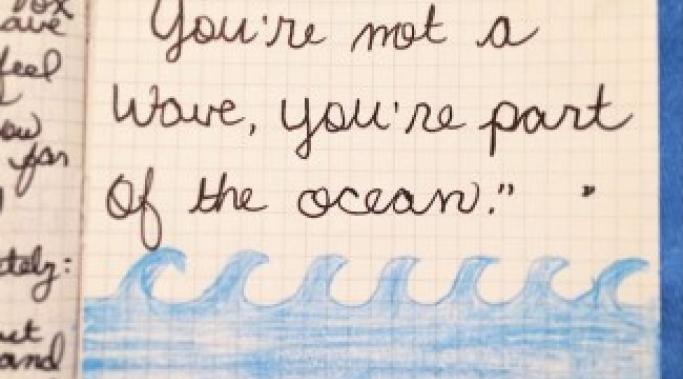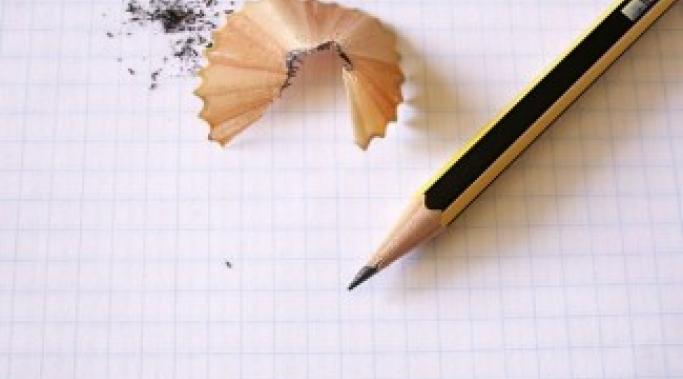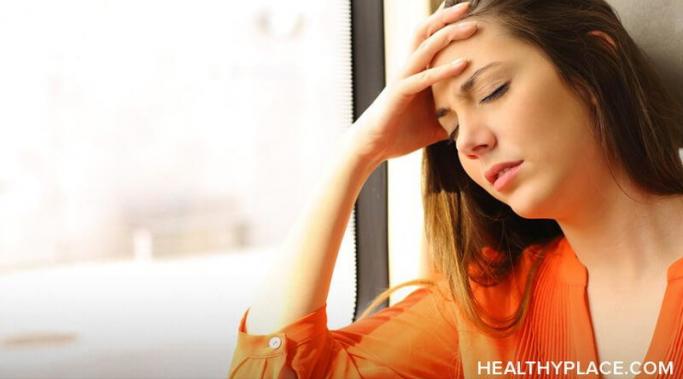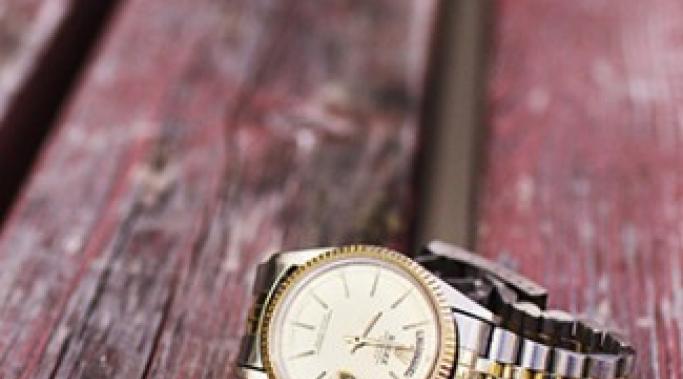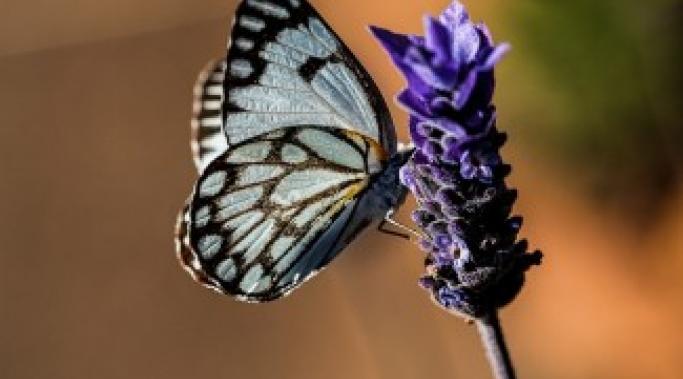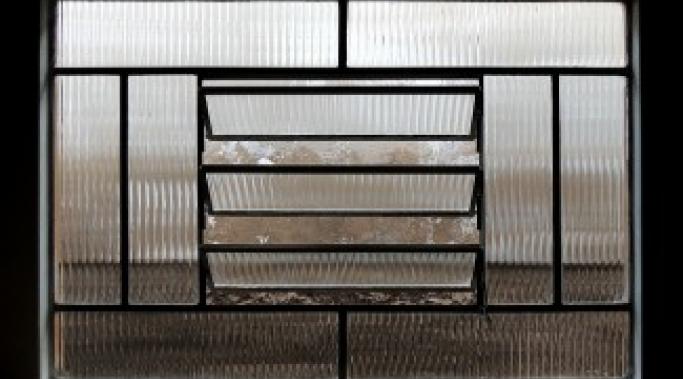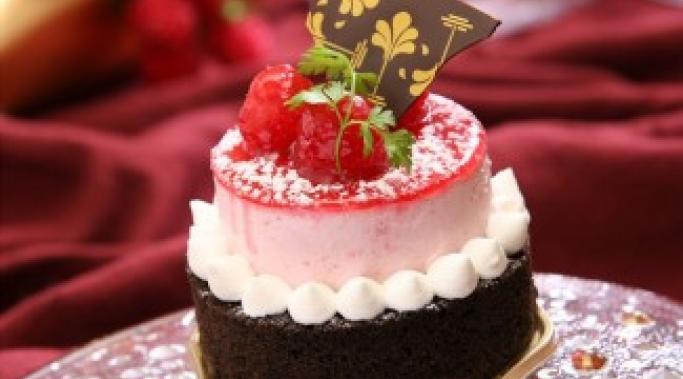One of depression's main symptoms is feeling alone, like no one in the world could possibly understand your situation, your pain, or your experience. You feel cut off from other people, like there's a glass wall between you and the rest of the world. The feeling of being alone can can make you want to isolate yourself from friends, family, and other people who care about us. Isolation feeds depression.
Depression Coping Skills
Lately, I have found myself with some extra free time on my hands. Which isn’t a bad thing, except for the fact that when I have free time I tend to ruminate, and when I tend to ruminate, depressive thoughts and symptoms often come up. This left me searching out new ways to deal with my depression symptoms and discovering writing as an outlet.
As I continue to recover from a recent depressive episode, I’ve noticed that I’m better able to deal with my inner critic, as well as be more in the present moment. For example, recently, I found myself unsure how to proceed with a project at work. If I had been feeling more depressed, my inner critic would have taken this as an opportunity to try to push me down further. I was able to fight this by being in the present moment.
Lately I've been caught in a trap of worrying about everything I need to do, instead of simply doing the things I need to do. This causes a big increase in my depression symptoms.
I look around my apartment and the whole place is a giant mess. Dirty dishes lie everywhere, pretty much every piece of clothing I own needs to be washed, and instead of dust bunnies lying on my floor I have what my mom calls "dust wolves."
Instead of just gathering up my dirty dishes, I lie down on my couch. I start thinking in negative spirals, about how I mess up everything in my life. I think about all the times I've failed at things, and my self-doubt starts building. I can't even keep a one bedroom apartment clean! How am I ever going to have a house one day?
Being broke and having depression go hand-in-hand. I'm really sick of it. Even if money can't buy happiness, it can buy basic necessities like food and shelter. It's pretty hard to be happy without those things. I need more money, but my symptoms of depression make finding a job really difficult.
While the average person in their twenties focuses on building a resume, I've been focused on surviving my depression. Instead of attending post-secondary school, I've been in depression treatment, learning about my own experiences and how to cope in everyday life. Living with depression is a full time job.
I recently finished reading How To Be Sick: A Buddhist-Inspired Guide For The Chronically Ill And Their Caregivers. The book was written by Toni Bernhard, a once very active attorney and law professor, who in the midst of a full life, was randomly struck down by a mysterious, debilitating illness that keeps her primarily contained to her home. For any of us dealing with the uncertainties of depression as well as the uncertainties of life in general, Bernhard’s insights are a welcome respite.
We’re used to the negative side of depression but could there be a positive side to the beast? I thought of this recently in terms of depressive symptoms sometimes being a signal – a sign to look more closely at certain things in my life.
Recently I found myself feeling depressed. As is usually the case, there were different triggers involved. Some were hormonal as I was pre-menstrual. Others were personal as my parents are in the process of splitting up and it’s been an emotional time for all involved. Like so many, I was also surprised and hit hard by the suicide of Robin Williams. Add in my wonky brain chemistry, and I was off to the depression races.
The other day I saw Get On Up, the James Brown biopic. One of the underlying themes in the film is how our personal histories can help create a kind of dysfunctional aloneness, separating us from the very people and experiences we need the most to thrive emotionally. This reminded me of the experience of depression, how the disease can create a feeling of separateness and of chronic aloneness.
This past week, I was struck by how much of a role food cravings play in the dance of my moods. When tired, stressed or feeling low, I consistently found myself reaching for sweets to get through. Cookies, cake, or pudding: it didn’t matter, so long as carbohydrates were involved. I didn’t want to keep eating in such an unhealthy way. Yet despite my best intentions, I returned again and again to the very foods I had forsworn just hours earlier. Then I would get frustrated and beat myself up for breaking my promise. After sinking to polishing off a dinner of pretzels and double chocolate chip cookies one night, I tried to sit in awareness of my chaotic, depression feelings. The question came to mind: What are you feeding?
